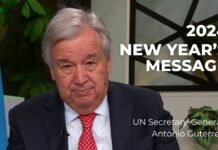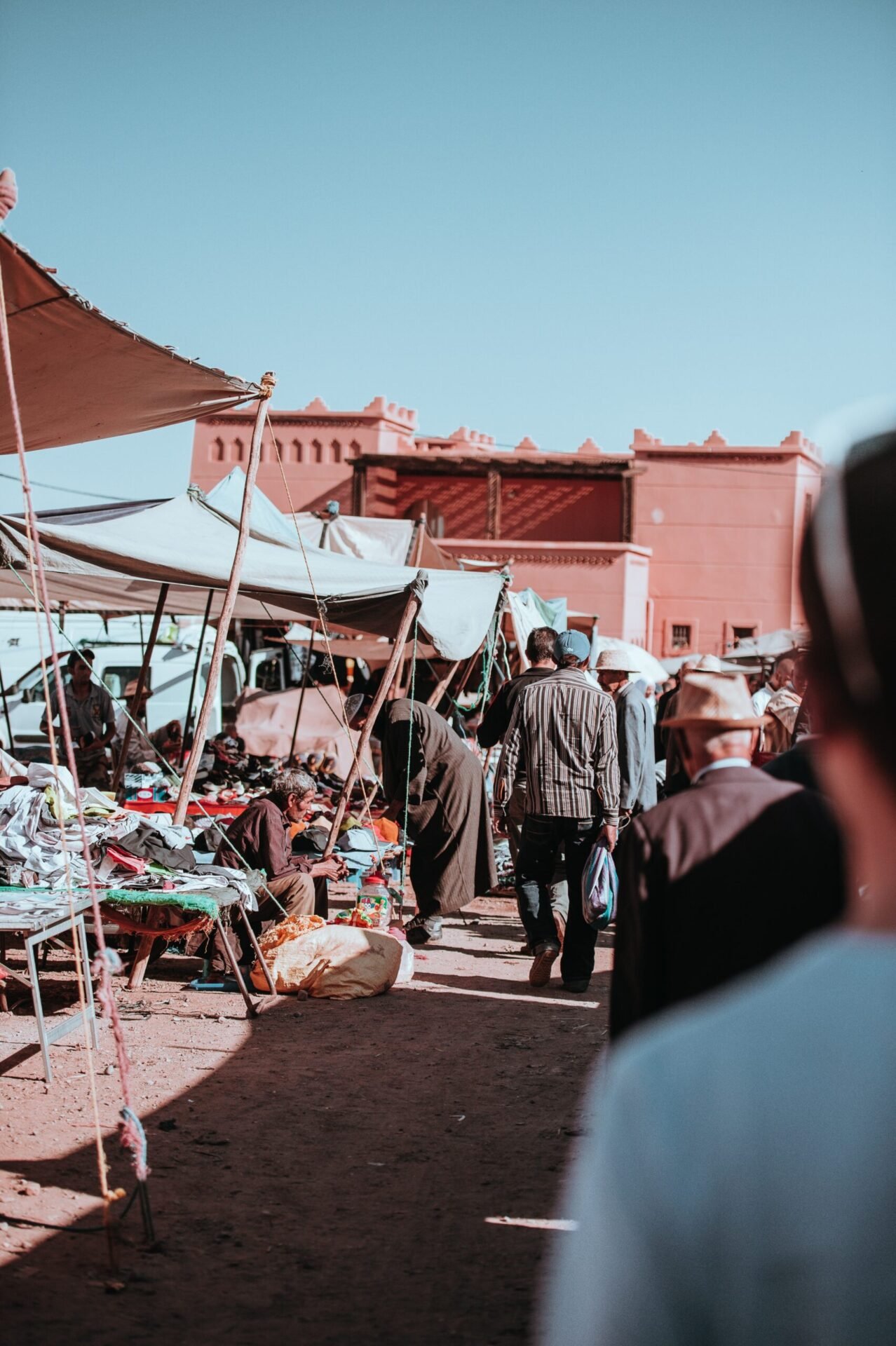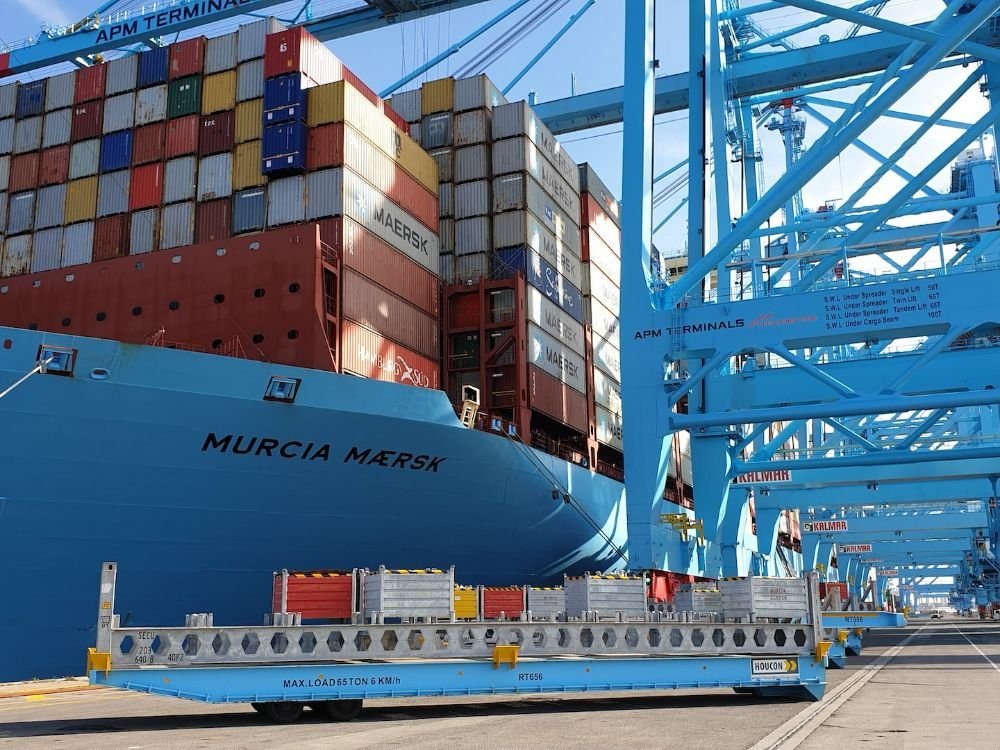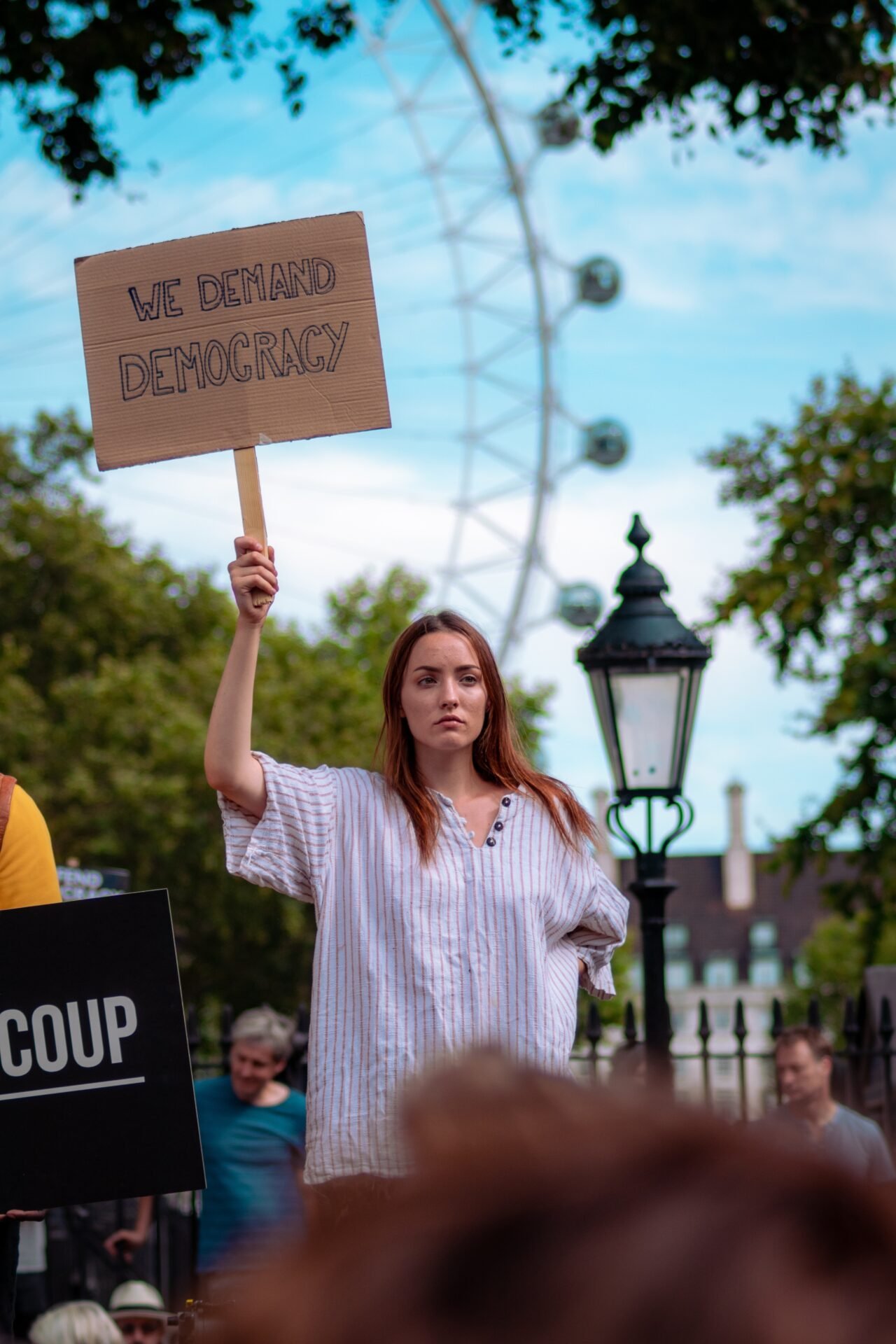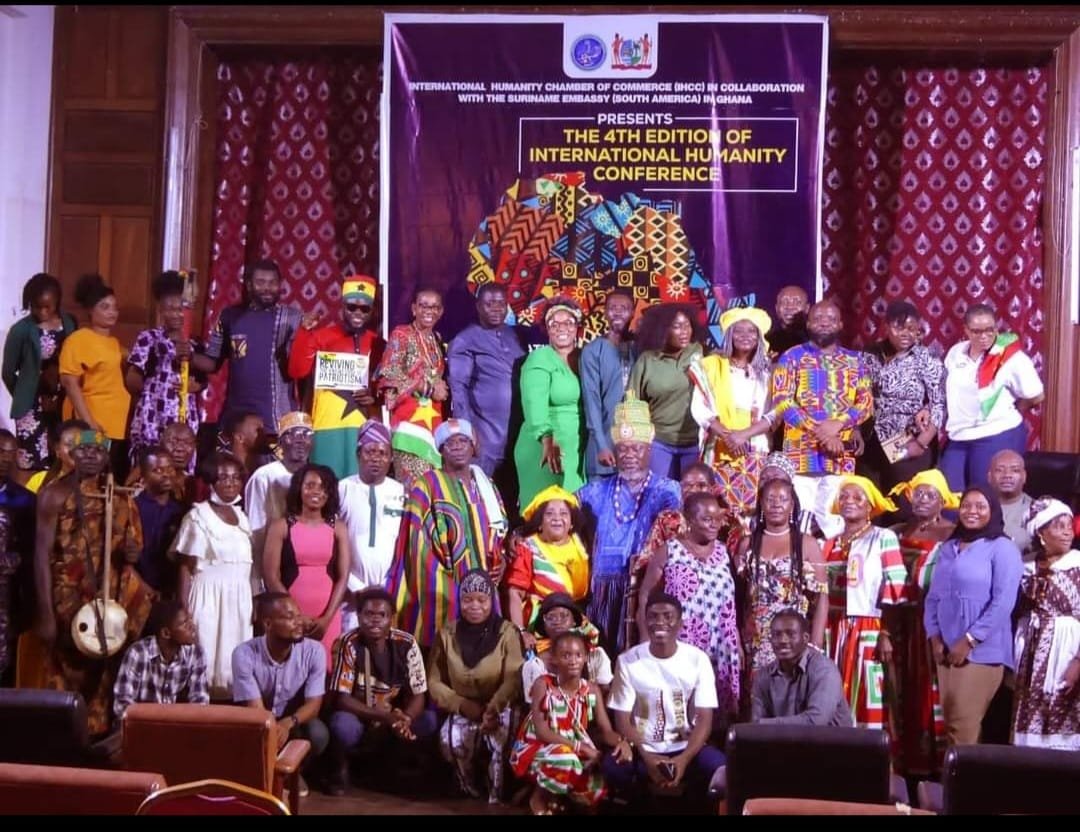The Dire Need for Ceasefire and Improved Living Conditions
Addressing the Fragile Progress in Yemen: The Urgency for Ceasefire and Improved Living Conditions
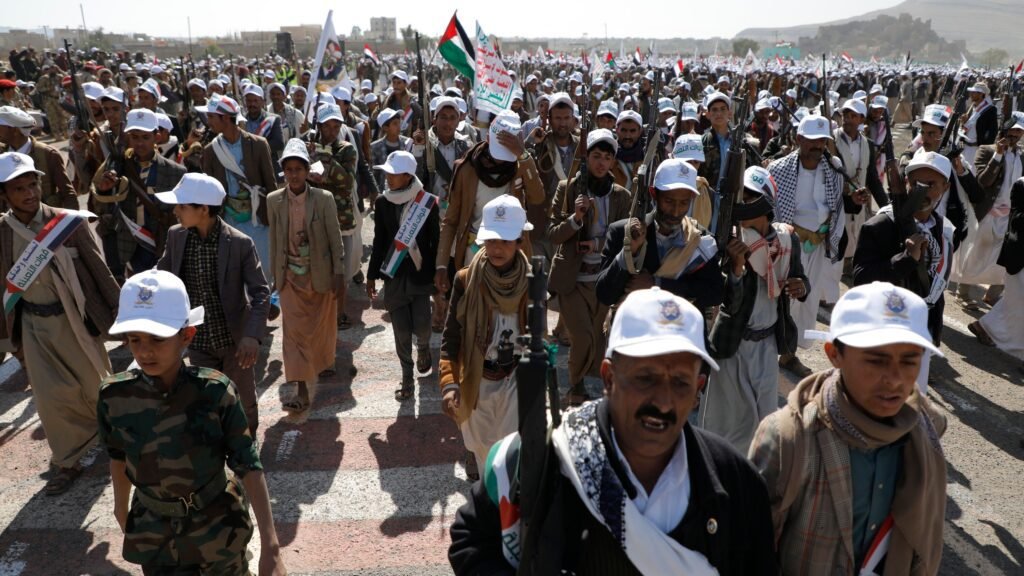
The Security Council recently convened to address the fragile progress in Yemen amidst tensions in the Red Sea and Gaza. Despite two years since the initiation of a United Nations-mediated ceasefire, Yemen continues to face persistent threats to its advancement and peace. Senior UN officials and delegates expressed concerns over Iran’s support for the Houthi rebels, which contributes to regional instability. Hans Grundberg, the Secretary-General’s Special Envoy for Yemen, emphasized the critical need for a ceasefire in Gaza and a halt to hostilities in the Red Sea and Gulf of Aden to prevent further escalation. This article will delve into the key issues discussed during the Security Council meeting and shed light on the current situation in Yemen. During the Security Council meeting, the delegates highlighted the urgent need for a comprehensive and inclusive political solution in Yemen. They recognized that the ongoing conflict has resulted in a severe humanitarian crisis, with millions of Yemenis facing food insecurity, displacement, and limited access to essential services such as healthcare and education. The international community expressed its commitment to supporting Yemen in its efforts to achieve stability and rebuild the country. One of the main concerns raised during the meeting was the role of external actors in fueling the conflict. Iran’s support for the Houthi rebels was a significant point of contention, with several delegates condemning Iran’s interference in Yemen’s internal affairs. They stressed the importance of holding Iran accountable for its actions and called for an end to its support for the Houthi rebels. The delegates also discussed the situation in the Red Sea and Gaza, which has further complicated the Yemeni conflict. The Red Sea, a crucial maritime route for global trade, has witnessed increased tensions due to the presence of foreign military forces and ongoing hostilities. The Security Council emphasized the need for all parties involved to respect international law and ensure the safety and security of navigation in the region. In addition to the Red Sea, the delegates expressed grave concerns about the deteriorating situation in Gaza. The ongoing Israeli-Palestinian conflict has resulted in a humanitarian crisis, with civilians bearing the brunt of the violence. The Security Council called for an immediate ceasefire and urged all parties to engage in meaningful dialogue to address the root causes of the conflict and work towards a lasting solution. As the meeting concluded, the Security Council reiterated its commitment to supporting Yemen in its pursuit of peace, stability, and development. The delegates emphasized the importance of a comprehensive approach that addresses the political, humanitarian, and security dimensions of the Yemeni crisis. They called on all parties involved to engage in constructive dialogue and work towards a sustainable peace agreement that addresses the legitimate grievances of all Yemenis. In the following sections, this article will explore the key issues discussed during the Security Council meeting in more detail. It will examine the impact of external actors on the Yemeni conflict, the humanitarian crisis in Yemen, the tensions in the Red Sea, and the situation in Gaza. By shedding light on these pressing issues, this article aims to contribute to a better understanding of the complex dynamics at play in Yemen and the urgent need for a comprehensive and inclusive solution. In Al Dhale’ and Lahj, clashes between government forces and Houthi rebels have intensified, resulting in a surge of civilian casualties and displacement. The humanitarian situation in these areas has deteriorated rapidly, with limited access to basic necessities such as food, water, and healthcare. The ongoing conflict has also hindered humanitarian aid organizations from reaching those in need, exacerbating an already dire situation. In Hudaydah, the strategic port city on the Red Sea, the situation remains tense. Despite the ceasefire agreement reached in Stockholm in 2018, sporadic clashes and violations have continued, impeding the flow of humanitarian aid and commercial goods. The port of Hudaydah is a lifeline for Yemen, as it handles the majority of the country’s imports, including food and fuel. Any disruption to its operations further exacerbates the already dire humanitarian crisis, leaving millions of Yemenis at risk of famine and disease. Meanwhile, in Ma’rib, the government forces have been engaged in fierce battles with Houthi rebels, who have been attempting to seize control of the city. Ma’rib is of strategic importance due to its vast oil and gas reserves, making it a coveted prize for both sides. The clashes have resulted in a significant number of casualties and forced thousands of civilians to flee their homes, seeking safety in overcrowded displacement camps. In Sa’adah, the birthplace of the Houthi movement, the conflict has taken a heavy toll on the civilian population. The province has been subjected to relentless airstrikes and shelling, causing widespread destruction and displacement. The continuous targeting of civilian infrastructure, including schools, hospitals, and markets, has resulted in a humanitarian catastrophe, with children being the most vulnerable victims. Shabwa and Ta’iz governorates have also experienced an escalation in violence, with clashes between government forces, separatist groups, and extremist elements. The power vacuum created by the ongoing conflict has allowed various factions to assert their control, further fragmenting the country and prolonging the suffering of the Yemeni people. As the crisis in Yemen enters its eighth year, the prospects for peace seem increasingly distant. The international community’s efforts to broker a lasting ceasefire and a political solution have been met with limited success. The Yemeni people continue to bear the brunt of this protracted conflict, facing unimaginable hardships and a bleak future. Urgent action is needed to address the root causes of the crisis, provide immediate humanitarian assistance, and pave the way for a comprehensive political settlement that can bring lasting peace to Yemen.
The Dire Need for Ceasefire and Improved Living Conditions
Hans Grundberg underscored the dire need for a comprehensive ceasefire in Yemen. The Yemeni people have long suffered from the devastating consequences of the conflict, with millions facing food insecurity, displacement, and limited access to healthcare. Grundberg emphasized the importance of improving living conditions for the Yemeni population, including access to basic necessities such as food, water, and healthcare services. Additionally, he highlighted the need to revive an inclusive political dialogue that incorporates diverse perspectives, including those of women, youth, civil society, and marginalized communities. Grundberg’s mediation efforts are centered around these objectives, aiming to create a sustainable path towards peace and stability in Yemen. The conflict in Yemen has had a profound impact on the lives of its people. The ongoing violence has resulted in widespread destruction of infrastructure, leaving many communities without access to basic services. Hospitals and healthcare facilities have been targeted, making it difficult for Yemenis to receive the medical care they desperately need. The lack of clean water and sanitation has led to the spread of diseases, further exacerbating the already dire humanitarian situation. The situation is particularly dire for children, who are the most vulnerable in times of conflict. Many have been forced to flee their homes, leaving behind their education and a sense of stability. The disruption in their lives has had long-lasting effects, with many suffering from malnutrition and trauma. Grundberg recognizes the urgency of addressing these challenges and believes that a comprehensive ceasefire is the first step towards improving the living conditions of the Yemeni population. A cessation of hostilities would allow humanitarian organizations to access affected areas and deliver much-needed aid to those in need. It would also provide an opportunity for communities to rebuild and recover from the devastation caused by the conflict. In addition to addressing the immediate humanitarian needs, Grundberg emphasizes the importance of inclusive political dialogue. He understands that lasting peace can only be achieved through the active participation of all stakeholders. This includes women, youth, civil society organizations, and marginalized communities, whose voices have often been marginalized in the past. By including these groups in the peace process, Grundberg hopes to ensure that their needs and concerns are taken into account, leading to a more sustainable and inclusive peace. Grundberg’s mediation efforts are guided by the belief that peace is not just the absence of conflict, but the presence of justice and the fulfillment of basic human rights. He recognizes that a ceasefire alone is not enough to address the root causes of the conflict. It requires a comprehensive approach that addresses the underlying grievances and inequalities that have fueled the violence. In conclusion, the dire need for a comprehensive ceasefire and improved living conditions in Yemen cannot be overstated. The Yemeni people have suffered for far too long, and it is imperative that the international community comes together to support Grundberg’s mediation efforts. By prioritizing the well-being of the Yemeni population and ensuring their active participation in the peace process, there is hope for a brighter future for Yemen. The role of Iran in the regional instability cannot be overlooked. Iran’s support for the Houthi rebels in Yemen has been a major factor in prolonging the conflict and deepening the humanitarian crisis in the country. The Houthi rebels, who are aligned with Iran, have been engaged in a brutal war with the internationally recognized government of Yemen, which has resulted in the displacement of millions of people and the loss of countless lives. Iran’s involvement in Yemen is part of its broader regional strategy to expand its influence and challenge its regional rivals, particularly Saudi Arabia. The conflict in Yemen has been seen as a proxy war between Iran and Saudi Arabia, with both sides supporting opposing factions in the country. This has further exacerbated tensions in the region and has the potential to escalate into a wider conflict. In addition to Yemen, Iran’s ongoing tensions with Israel have also contributed to regional instability. The animosity between Iran and Israel has been long-standing, with both countries viewing each other as existential threats. Iran’s support for militant groups such as Hezbollah in Lebanon and Hamas in Gaza has raised concerns in Israel and has led to periodic escalations in violence. The situation in the Red Sea region is particularly worrisome due to its strategic importance. The Red Sea is a crucial shipping route for global trade, and any disruption in the region could have far-reaching economic consequences. The ongoing conflict in Yemen, coupled with Iran’s support for the Houthi rebels, poses a significant threat to the stability of this vital waterway. Given the complexities and the high stakes involved, it is imperative for all parties to work towards de-escalation and find peaceful resolutions to the conflicts in the region. The international community, including the United Nations Security Council, must play a proactive role in facilitating dialogue and negotiations between the parties involved. Diplomatic efforts should focus on addressing the root causes of the conflicts and finding sustainable solutions that address the legitimate concerns of all parties. Moreover, regional powers such as Saudi Arabia and Iran need to engage in constructive dialogue and find common ground to ease tensions and promote stability in the region. Confidence-building measures, such as the establishment of communication channels and the exchange of prisoners, can help build trust and create a conducive environment for negotiations. In conclusion, Iran’s involvement in the conflicts in Yemen and its ongoing tensions with Israel have contributed to regional instability. The situation in the Red Sea region is particularly concerning due to its strategic importance. It is crucial for all parties involved to prioritize de-escalation and work towards peaceful resolutions to prevent further deterioration of the situation. The international community must play an active role in facilitating dialogue and finding sustainable solutions to the conflicts in the region. Only through diplomatic efforts and a commitment to peaceful negotiations can the cycle of violence and instability be broken.
